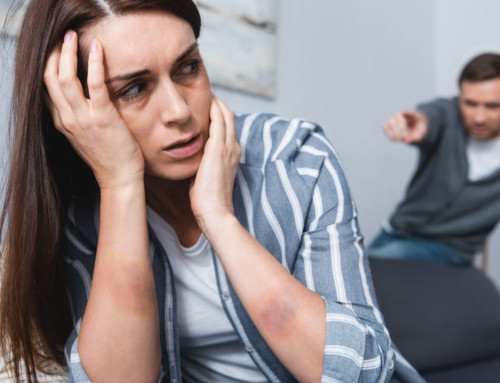By: Molly Caradonna, PsyD, LP
I am an avid figure skating fan. I love how the Olympics not only highlight athletic accomplishment, but the stories of the various athletes. Adam Rippon’s activism and vulnerability, the rivalry between the female Russian figure skaters, and the glorious commentary of Tara LIpinski and Johnny Weir. It was a great Olympics.
However, with the glory of the Olympics coming to a close, I was also struck by the subtle sideline narrative about the prevalence of eating disorders amongst Olympian figure skaters. In line with the research indicating that eating disorders cut across gender, class and ethnicity, skaters from various backgrounds, genders, and nations have begun to share their struggles with their body image and excessive/extreme methods of restriction. Sadly (and rather quietly), some of the top figure skaters from the 2014 Olympics, Gracie Gold of the USA and gold medal winner Yulia Lipnitskaya of Russia, have retired from the sport to seek treatment for their eating disorders.
In light of the recent Olympic games, skaters continue to come forward with their stories:
- Akiko Suzuki, Japanese Olympian who discusses her personal history of struggling and overcoming an eating disorder
- Adam Rippon, male figure skater, bronze medalist and breakout star for the USA discusses the pressure to meet the male body ideal in figure skating
- Jenny Kirk, American female skater who withdrew from competition a few months before the 2006 Olympic team selection to seek treatment for an eating disorder
Athletes, known for their mental and physical stamina, are not exempt from struggles with mental health, including depression, anxiety, and eating disorders. And similar to athletic training, it often takes a team to help one recover, consisting of a therapist, dietitian, physician, psychiatrist, and support of friends/loved ones. Recovery often entails working on symptom interruption (decreasing restriction/dieting, purging/excessive exercise, binging/overeating), before moving on to defining one’s life outside of a perpetual drive for thinness, preoccupation with food, and treating one’s body as the enemy. Recovery asks the individual to redefine their relationship with themselves and their body.
Perhaps you or a loved one can relate to the struggles of these athletes. Know that you are not alone in your struggles, and that there are people and resources to support you in taking back your life.
Cashman Center is now offering a Living Well With an Eating Disorder Group that will help you move beyond symptom interruption and into your life. This group will consist of a mixture of skills training, process/support time, and exposure to integrative therapies (e.g. acupuncture, massage, art therapy, yoga) to heal your relationship with your body. Led by myself and registered dietitian Andrea Kurilla, RD, LD, this group will come together with the shared intentions to:
- Cultivate meaning from your eating disorder experience
- Develop your own nutrition philosophy
- Move beyond body image to body living
- Reconnect to yourself and your future
- Find the YOU beyond your eating disorder symptoms
If you are interested in learning more about this group and whether it is a good fit for you and/or a loved one, please contact Cashman Center at 952-224-8990 for further information.






